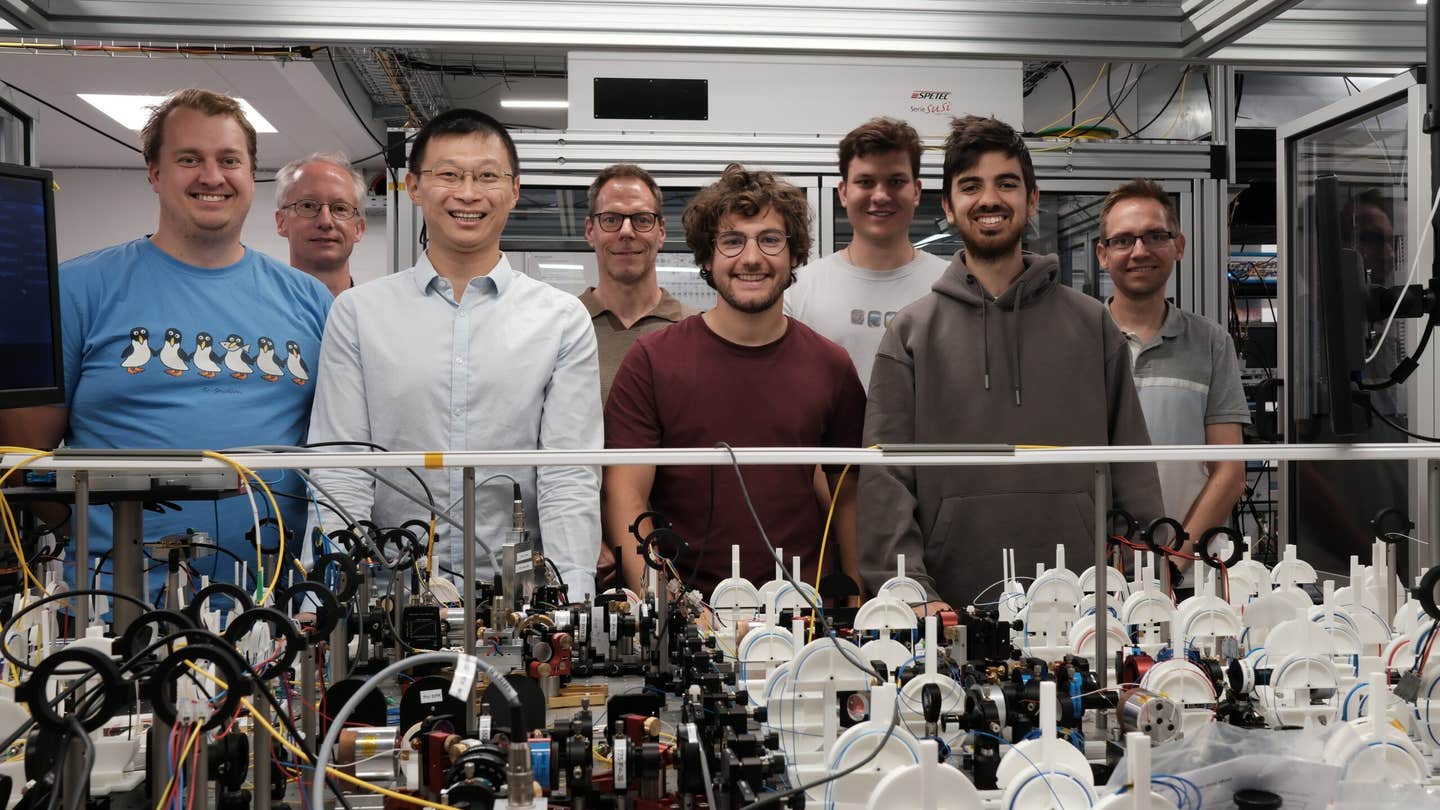Groundbreaking Parkinson’s drug slows and reverses progression of disease in clinical trial
A new drug is showing promise in the fight against Parkinson’s disease (PD), aiming to slow or halt its progression.

A new drug is showing promise in the fight against Parkinson's disease (PD), aiming to slow or halt its progression. This development was highlighted in a recent study published in the journal Nature Medicine.
The drug, UB-312, targets the toxic proteins that accumulate in the brains of Parkinson’s patients. In a phase 1 placebo-controlled trial, researchers tested UB-312 for safety, tolerability, and immunogenicity (the strength of the immune response it provokes).
The trial results indicated that UB-312 is generally safe and well-tolerated, marking it as a potential disease-modifying treatment for Parkinson’s. The researchers believe this is the first report demonstrating a positive effect of such an investigational therapy.
Currently, no cure exists for Parkinson’s, and available drugs only treat its symptoms. "UB-312 is designed to modify the course of Parkinson’s disease by targeting the underlying cause," explained Lou Reese, co-founder of Vaxxinity, the Texas-based pharmaceutical company that collaborated on the study.
The study also involved Leiden University Medical Centre in the Netherlands, the University of Texas McGovern Medical School, and the Mayo Clinic in Rochester, Minnesota. "In our phase 1 trial, we showed that UB-312 may be able to stop or even reverse the course of the disease by successfully targeting aggregated alpha-synuclein," Reese added.
UB-312 is administered through injections, typically given in multiple doses over several months. Reese noted, "Time and science will help us determine if this newer approach will fare better."
Related Stories
During the trial, Parkinson’s patients reported improved daily movement after receiving UB-312. The drug was safe and well-tolerated in both healthy individuals and Parkinson’s patients, with only minimal side effects like headaches and fatigue.
UB-312 works by targeting alpha-synuclein, a harmful protein associated with Parkinson’s, and stimulating the production of antibodies against it. Remarkably, 12 out of 13 patients developed these antibodies, which Reese described as a "big step forward in PD treatment."
"These antibodies reached the brain and interacted with the target protein," he said. Based on the "promising" results of Phase 1, UB-312 will now move into phase 2 trials, focusing on a larger patient population and optimizing the dose.
Reese emphasized the ultimate goal: "The aim is to develop effective, disease-modifying treatments that can improve outcomes and provide hope for individuals living with Parkinson’s disease." He added, "This is exciting because we are targeting the root cause of Parkinson’s and not the symptoms. It’s the first drug ever to take a patient from positive to negative."
Despite the excitement, some experts urge caution. "People with Parkinson’s should be aware that although the findings were interesting, this was only a safety, tolerability, and immunogenicity study, and thus there is a long way to go for development of this treatment," warned Dr. Michael S. Okun, Parkinson’s Foundation medical adviser and director at the Norman Fixel Institute for Neurological Diseases at the University of Florida Health, who was not involved in the study.
Okun acknowledged that the injections appeared to "rev up the immune system," as evidenced by the appearance of antibodies in most participants’ blood samples. However, he expressed concerns: "The worry that many scientists have about this approach is that it may neither improve clinical outcomes nor slow disease progression."
He pointed to two similar antibody trials of prasinezumab and cinpanemab published in 2022 in The New England Journal of Medicine. Both trials failed to meet their primary outcomes.
As UB-312 progresses to phase 2 trials, researchers and patients alike remain hopeful yet cautious. The scientific community is eager to see whether this new approach can ultimately deliver on its promise and change the course of Parkinson’s disease.
Note: Materials provided above by The Brighter Side of News. Content may be edited for style and length.
Like these kind of feel good stories? Get the Brighter Side of News' newsletter.



